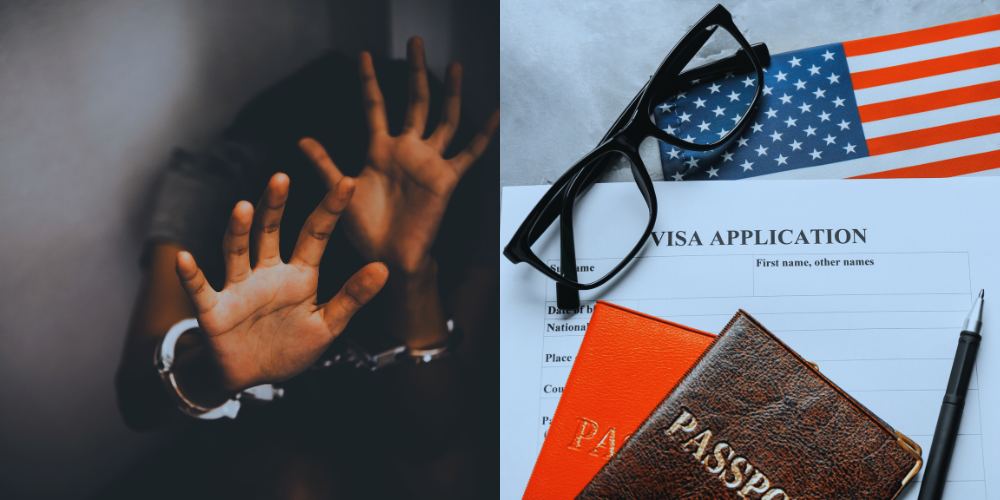--------- U Visa Essentials: A Comprehensive Guide for Victims of Crimes in the USA
Feb 26, 2024

Welcome to a comprehensive exploration of the U Visa, a crucial lifeline for individuals who have suffered as victims of certain crimes in the United States. This guide is designed to demystify the U Visa process, offering hope and practical advice to those seeking a path to safety and legality in the U.S.
What is a U Visa?
The U Visa is a nonimmigrant visa type designed to offer protection and legal status in the United States to victims of certain crimes. Established under the Victims of Trafficking and Violence Protection Act of 2000, the U Visa is a tool for law enforcement to aid in the investigation and prosecution of criminal activities, while simultaneously providing critical support to victims.
This visa type recognizes the unique challenges faced by victims of crimes such as domestic violence, sexual assault, and human trafficking, and it aims to provide them with a haven and a path to heal and rebuild their lives within the United States.
Eligibility Criteria for U Visa Applicants
To qualify for a U Visa, applicants must meet specific criteria:
Victim of Qualifying Crimes: Applicants must have been victims of qualifying criminal activities, which include but are not limited to domestic violence, trafficking, sexual assault, and other serious crimes.
Substantial Harm: They must have suffered substantial physical or mental harm as a result of being a victim of these crimes.
Cooperation with Law Enforcement: One of the key requirements is the willingness and ability of the applicant to assist in the investigation or prosecution of the criminal activity. This often involves providing useful information to law enforcement agencies.
Admissibility to the United States: Applicants must be admissible to the U.S. or apply for a waiver of certain grounds of inadmissibility.
Presence in the United States: In certain cases, the victim must be in the United States or its territories or ports of entry because of the crime.
The Application Process
The application process for a U Visa involves several steps:
- Form I-918, Petition for U Nonimmigrant Status: This is the primary form used for applying for a U Visa.
- Personal Statement: The applicant must provide a personal statement describing the criminal activity and their experience.
- Law Enforcement Certification: Form I-918, Supplement B, must be certified by a law enforcement agency, confirming the applicant’s assistance in the investigation or prosecution of the crime.
- Supporting Documentation: This includes evidence of the crime, proof of the applicant’s victim status, and documentation of the physical or mental harm suffered.
- Submission: After gathering all necessary documentation, the complete application package is submitted to the appropriate U.S. Citizenship and Immigration Services (USCIS) office.
Benefits of the U Visa
The U Visa offers several benefits to its holders:
Legal Status: It provides temporary legal status and work authorization in the United States for up to four years, with the possibility of extensions under certain circumstances.
Pathway to Permanent Residency: U Visa holders may become eligible to apply for a Green Card (permanent residency) after three years.
Family Unification: Certain qualifying family members of the U Visa holder may also be eligible for legal status in the United States.
Access to Work and Education: Holders of a U Visa can legally work in the U.S. and have access to educational opportunities.
Access to Social Services: The U Visa status allows access to certain social and health services, which can be critical in the recovery process for victims.
Challenges and Limitations
While the U Visa offers a vital pathway to safety and stability, applicants often face several challenges and limitations:
Annual Cap: The U.S. government limits the number of U Visas issued each year to 10,000. This cap can lead to long waiting periods, during which applicants may remain in a precarious situation.
Complex Application Process: Navigating the U Visa application process can be daunting. It requires gathering extensive documentation and often navigating legal and bureaucratic hurdles.
Dependency on Law Enforcement Certification: Obtaining the necessary certification from law enforcement can be a significant challenge. Some agencies may be reluctant or slow to provide this crucial documentation.
Lengthy Processing Times: Due to high demand and the cap on visas, processing times can be lengthy, leaving applicants in a state of uncertainty.
Ineligibility Issues: Certain factors, such as a criminal record or immigration violations, can complicate or even prevent the approval of a U Visa.
Legal Assistance and Support Resources
Navigating the U Visa process can be overwhelming, but there are numerous resources available to assist applicants:
- Immigration Attorneys: Specialized immigration lawyers can provide invaluable guidance throughout the application process. They can help in correctly filing forms, gathering necessary documentation, and offering legal advice.
- Non-Profit Organizations: Many non-profits and NGOs offer support services for U Visa applicants, including legal assistance, counseling, and guidance in working with law enforcement.
- Community Support Groups: Local community organizations often provide emotional and practical support to victims of crimes. They can be a source of comfort and a wealth of information for applicants.
- Online Resources and Forums: Various online platforms offer resources and community support where applicants can share experiences and advice.
- Government Agencies: Information and resources are also available directly from U.S. Citizenship and Immigration Services (USCIS) and other relevant government agencies.
The U Visa represents a critical tool for victims of certain crimes seeking refuge and legality in the United States. While the journey to obtaining this visa can be complex, the path it paves toward recovery and stability is invaluable.
Recent Articles
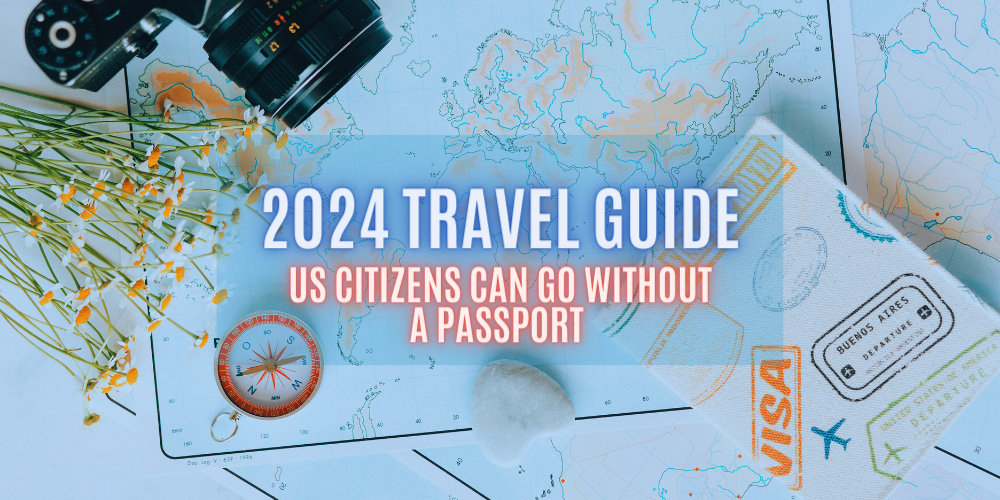
2024 Travel Guide: Where US Citizens Can Go Without a Passport
Traveling can be an exhilarating adventure, but sometimes, the hassle of obtaining or renewing a pas
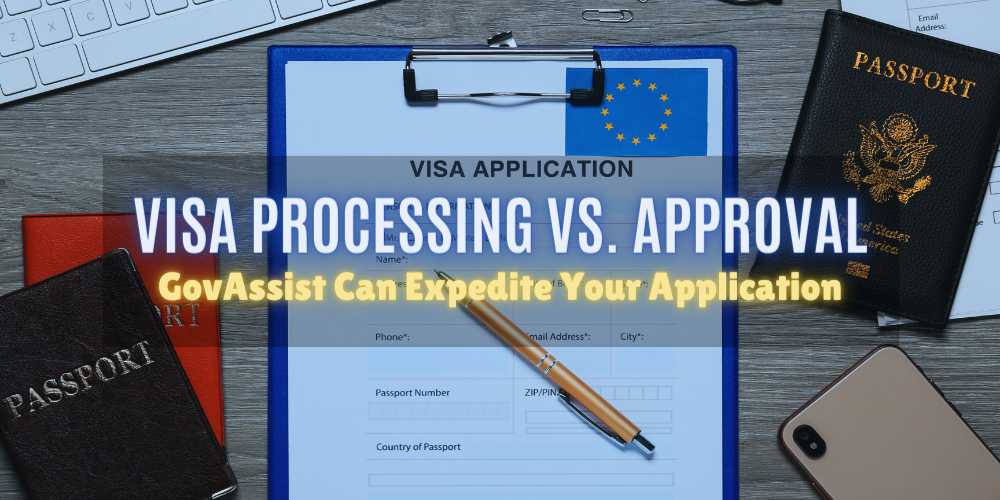
Visa Processing vs. Approval: How GovAssist Can Expedite Your Application
When planning your travels, understanding the intricacies of visa applications can be daunting. Two

Human Mobility in 2024: Insights and Challenges Revealed in the Latest Migration Report
The World Migration Report 2024 has just been released, shedding light on the latest trends and chal
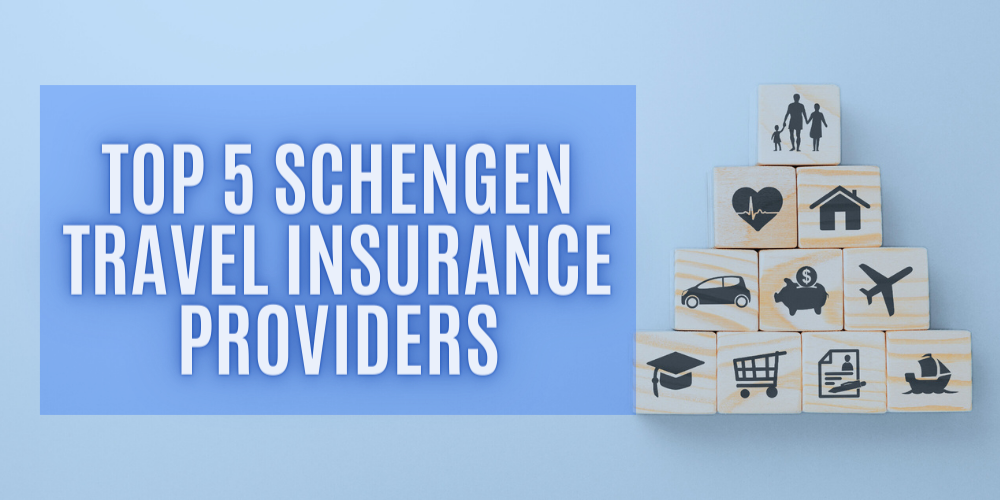
Top 5 Schengen Travel Insurance Providers for Your Next European Journey
Traveling to Europe is an exciting adventure, but it comes with its responsibilities, including secu

OPT Entrepreneurs: How to Start Your Business Journey in the USA
Starting a business is an exciting venture, and for international students in the USA, the Optional

Celebrate Eid al-Adha 2024: Traditions, Tips, and Travel Information
Eid al-Adha, also known as the Festival of Sacrifice, is one of the most significant holidays in the
Read More

2024 Travel Guide: Where US Citizens Can Go Without a Passport

Visa Processing vs. Approval: How GovAssist Can Expedite Your Application

Human Mobility in 2024: Insights and Challenges Revealed in the Latest Migration Report

Top 5 Schengen Travel Insurance Providers for Your Next European Journey

OPT Entrepreneurs: How to Start Your Business Journey in the USA

Celebrate Eid al-Adha 2024: Traditions, Tips, and Travel Information
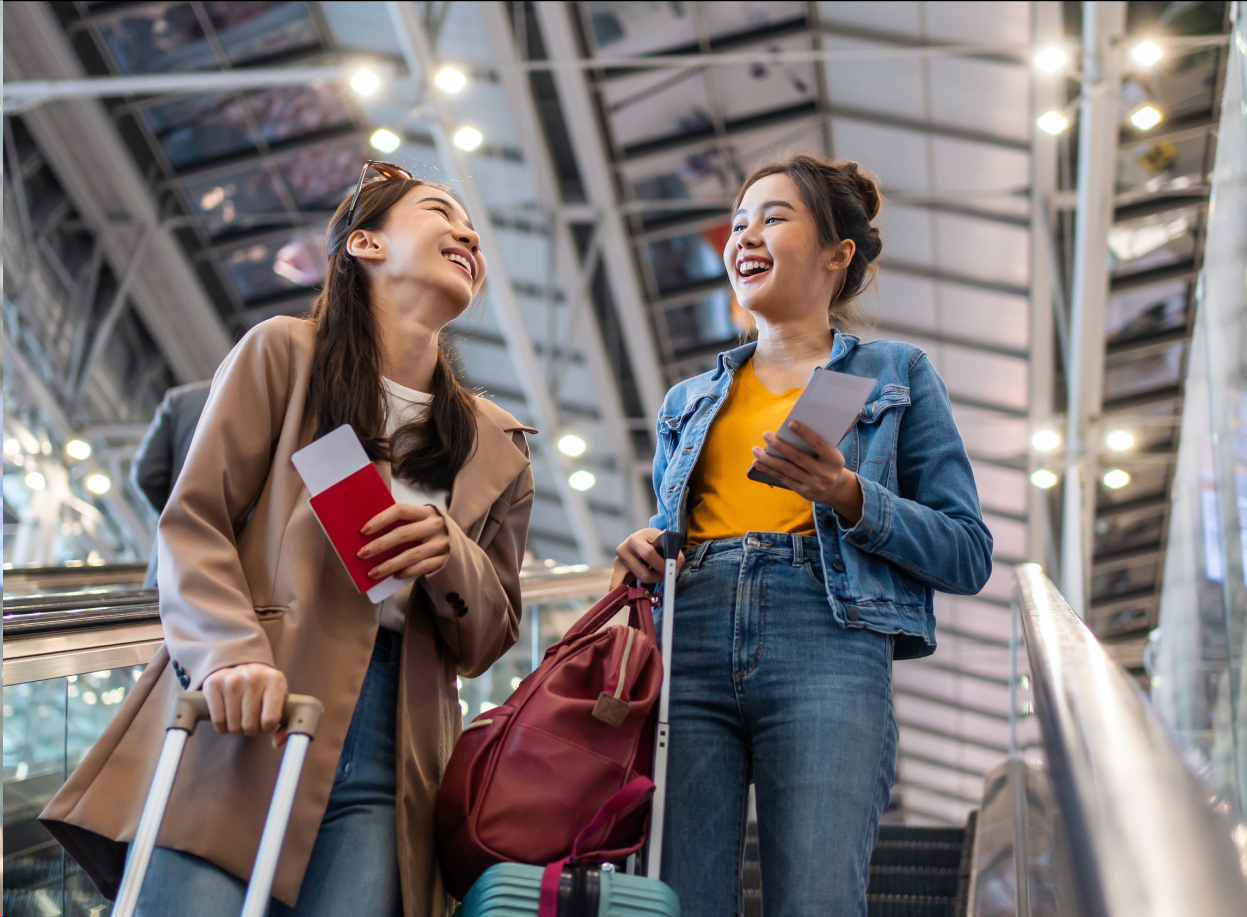
Welcome to the GovAssist blog. We know that navigating the maze of visa applications and online forms can be as tricky as choosing the perfect travel playlist (which is all we want you worrying about anyway).
Throughout our years of experience, though, we’ve uncovered a mountain of knowledge which, via this blog, we’re sharing with you! Whether you're diving into the world of travel visas, wondering about the ESTA online hustle, or just trying to figure out the DS160 form, think of us as your online concierge, here to make the process easy and most of all, clear.
At this point in our global context, who has time for endless paperwork and confusing legal jargon? No one. That's why we're all about spilling the tea on online visa hacks, easier-to-work-with DS160 forms, and giving you tips on everything from tourist visas to immigration, to that last-minute ESTA online adventure.
So, just plug in a word you’re curious about on the search bar, and boom. We've got the tips, tricks, and insider info to help you (and anyone else you may be traveling with) get to your travel destination with the confidence of a seasoned traveler.
Now go explore!
